29.07.2025
IT expertise meets island innovation: A volunteer journey to Samoa
After a 40-year career in IT, working across countries like Bermuda, the Netherlands, Canada, New Zealand and Israel, retirement might seem like the next logical step.
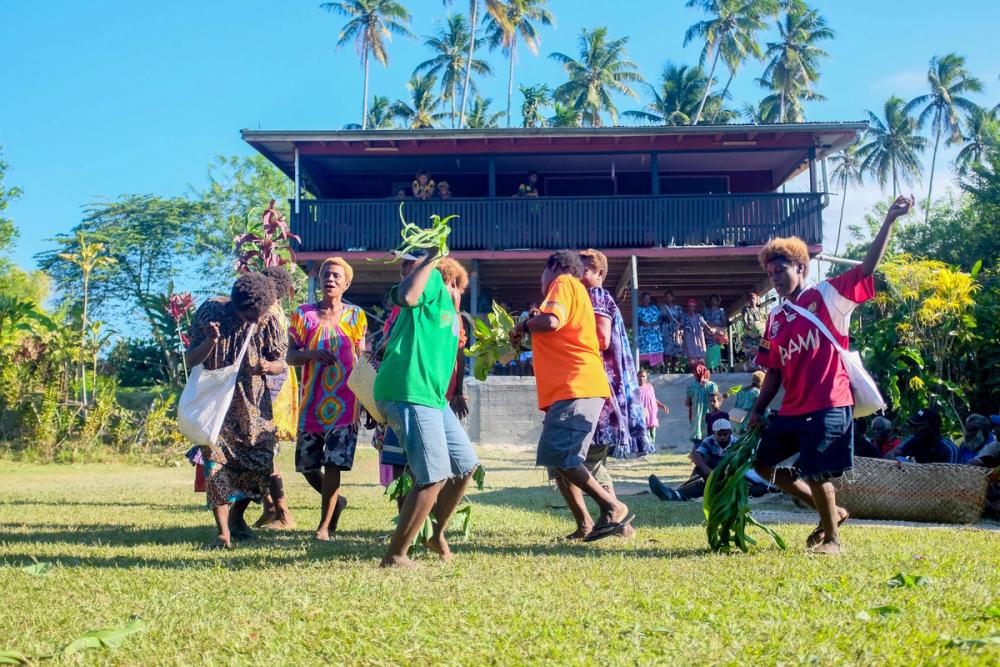

Papua New Guinea (PNG) is the largest and most diverse Pacific Island country, home to over 10 million people and more than 800 languages. Stretching across the eastern half of New Guinea and more than 600 islands, PNG is rich in cultural heritage, ecological biodiversity, and natural resources. Its unique location on the Pacific Ring of Fire contributes to its striking geography but also exposes it to natural hazards such as earthquakes and volcanic activity.
A former territory of Germany, Britain, and Australia, PNG gained independence in 1975. Today, it remains a vibrant and complex nation, balancing ancient customs with modern development. The archipelagic New Guinea Islands region, East New Britain, West New Britain, New Ireland, Bougainville, and Manus, showcases PNG’s striking environmental beauty and cultural depth.
VSA has been working in Papua New Guinea since 1970 and currently operates throughout the New Guinea Islands region from its field office in Kokopo, East New Britain.
Our partnerships span local government, NGOs, and community-based organisations to support long-term development in the following areas:
1
Partnering with institutions like Nonga General Hospital to improve public health outcomes, reduce NCD rates, and support medical training and hospital systems.
2
Supporting education through teacher training institutions, building the capacity of over 2,000 teacher trainees to date.
3
Collaborating with agencies such as the Fresh Produce Development Agency (FPDA) and East New Britain Market Authority to improve farming practices, horticultural skills, and income generation.
4
Supporting capacity development at the National Fisheries College to strengthen the fisheries sector and create employment pathways.
5
Empowering communities through technology training and awareness programmes to address domestic violence and promote safety and inclusion.
PNG’s economy is driven by natural resource exports—oil, gold, copper, and agricultural products like coffee and cocoa. While mineral wealth generates significant revenue, many communities rely on subsistence farming and face challenges linked to poverty, infrastructure, and service delivery. Earthquakes and climate events pose additional risks to economic stability and development progress.
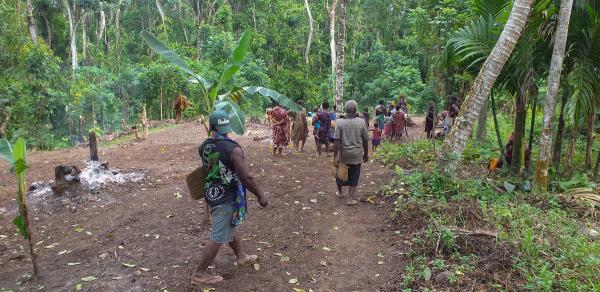

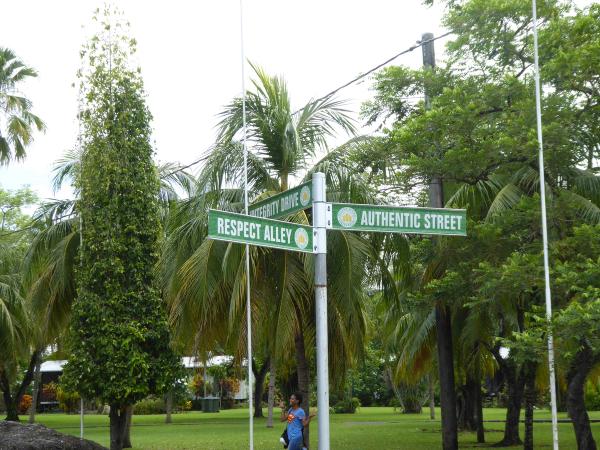

Despite its rich resources, PNG faces critical development hurdles:
VSA’s work aims to support PNG’s goal of becoming a stable, sustainable, and prosperous nation by enhancing local capacity, strengthening systems, and supporting inclusive growth.
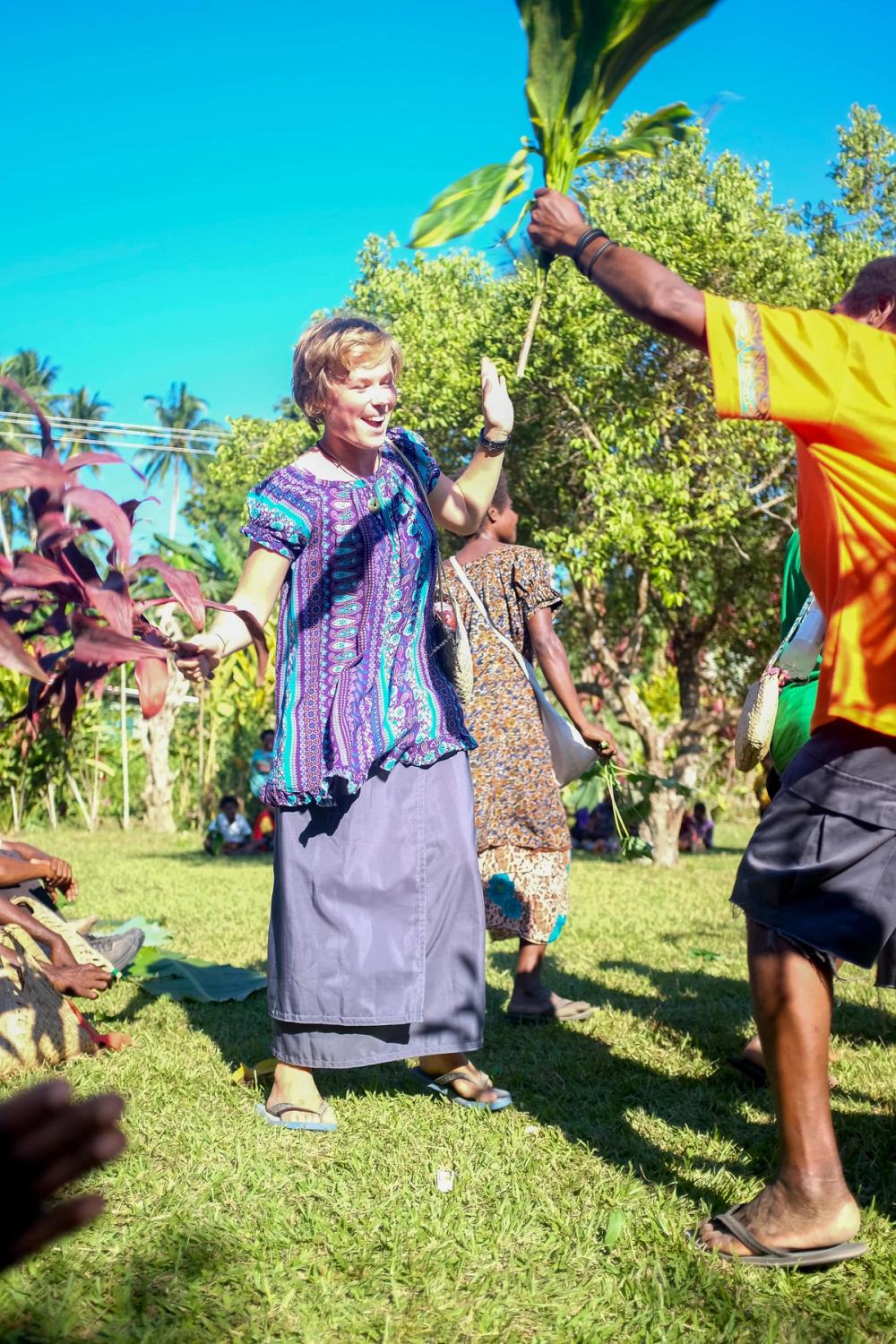

1
Although there are over 800 languages spoken in PNG, there are 4 official languages: Tok Pisin, Hiri Motu, English and Papua New Guinean Sign Language. In all the provinces that VSA is based, there are multiple other indigenous languages – one of which is spoken by the Tolai people in East New Britain and is known as Kuanua.
Before volunteers travel to PNG, VSA will provide them with the Pidgin Kwiktaim learning resource which can be used to get started on some basic vocab and phrases. A Tok Pisin app can also be downloaded onto phones. Once in-country, VSA strongly encourages all our volunteers to learn the local languages.
Learning even the most basic language skills can help enrich your cross-cultural experience and aid your volunteering assignment. In some cases, you may not be able to carry out your assignment without a good grasp of at least one of the languages.
Underlying the Papua New Guinean culture is the wantok system. Wantok, or ‘one talk’, refers to the people who speak your language or your extended family/clan; a Papua New Guinean’s primary loyalty will be to their wantok. The country is predominately Christian, with indigenous faith and spirituality still important to many locals.
Papua New Guineans take pride in and strive to preserve their diverse cultures that emphasise family and community elders. Guest hospitality is an important facet of PNG culture, and our volunteers all receive a warm welcome and the opportunity to experience the many facets of PNG’s cultures. When volunteering in PNG, we recommend a patient and respectful approach. We believe in upholding the values and cultures of PNG and for all our volunteers to act in a way that brings credit to the community and our organisation.
2
We provide volunteers with basic furnished accommodation, and you may be asked to share the space with other volunteers. All volunteer housing is equipped with gas or electrical facilities for cooking. Power outages can be a regular occurrence and may be limited to generator facilities available during unplanned times of the day. Water in Papua New Guinea is safe for washing and cooking, but drinking water quality is not completely reliable, especially if the water is from backup tanks or if rainwater storage is being fed into your residence supply. Water should be at least filtered, if not boiled. If there is any doubt about the source of supply, we recommend that all volunteers either boil water or use a water purifier. Alternatively, you may also purchase bottled water for consumption.
3
Papua New Guinea is conservative and some western-style clothing is not appropriate. Comfortable and modest clothing is recommended, and we advise our volunteers to blend in, rather than stand out. Knee-length or long pants with short/long-sleeved shirts for men, and dresses/skirts/long pants with blouses/shirts for women are appropriate attire – made from natural fibre materials, such as cotton, bamboo, linen etc. Volunteers are expected to dress appropriately at all assignment-related activities and while attending traditional events.
VSA provides comprehensive security briefings before departure and on arrival. Volunteers are advised to remain vigilant, avoid displaying valuables, and build strong relationships with neighbours. Petty theft is common; locking up belongings and travelling with others is recommended. Field staff work closely with MFAT and partners to monitor local risks and provide rapid support if needed.
VSA provides full security briefings before departure and again upon arrival. Tonga is generally safe, but walking alone at night is discouraged.
4
Malaria is endemic in many parts of West and East New Britain, and New Ireland and all our volunteers must use malarial prophylaxis. Other precautions are still recommended, such as insect repellent and long sleeves/trousers in the evening if outside and a mosquito net if you are staying in villages. Skin infections can develop quickly so have a good supply of plasters, antibiotic cream and antibiotics. Public hospitals are found in all provincial centres and smaller health centres are scattered throughout rural areas. Health care is basic, and you’ll need to be responsible for managing your own health while on assignment.
5
In PNG, like anywhere else, it pays to be cautious. No country or place can assure complete safety. In Papua New Guinea, safety and security conditions differ from one region to the other and can shift unexpectedly. Consequently, it is vital to be well-prepared, exercise caution, and stay updated on the prevailing security situation in the areas where you reside or intend to visit. Adhering to safety and security guidelines, respecting local laws and customs, and seeking advice from locals can enhance the safety and enjoyment of your stay in the New Guinea Islands.
Theft is common, especially in town centres. Always leave your house locked and windows closed when you are not home. Bring all small items inside at night (shoes, clothes from the washing line etc). Do not advertise any valuables you may have with you. Get to know your neighbours well as – they are your best form of protection. It is best to walk around with another person, at least until you become familiar with the locality. Although your physical safety is unlikely to be threatened, your possessions are.
We offer a thorough security briefing to all our volunteers before departure. Attention is paid to specific local issues during your in-country orientation. Our field staff are either in your assignment location or close by and are always alert to any risks by working with other agencies, including MFAT (Ministry of Foreign Affairs & Trade), to monitor any potentially escalating situations, and to advise volunteers accordingly. Volunteers always have disaster preparedness plans, adequate emergency supplies, and access to VSA’s resources in the event of an emergency. You will work closely with our PNG Programme Staff who provide support during your time on assignment.
6
There are three main banks in the provincial towns: Bank of South Pacific, Kina Bank and Westpac. VSA offers to open local bank accounts for all our volunteers upon arrival in which your monthly living allowances will be paid. Upon account activation, you will receive an EFTPOS card for easy transactions. Most places (e.g., supermarkets, shops and hotels) also accept foreign credit/debit cards. The local currency is the Kina. Visit XE.com for current exchange rates.
7
The three main providers in East New Britain and New Ireland are Digicel, Telikom and Vodafone. Reliability varies often, so it’s best to be aware that there is no such thing as reliable internet in PNG. It is much slower compared to Aotearoa and there are regular periods where it is difficult to connect.
8
There are reliable fresh food markets with a good variety of fruit, vegetables, and fish around town centres. In Kokopo, there are four large supermarkets, with most basic food items and hardware, operating 7 days a week – at reduced hours on Sundays. Most consumables are available in Kokopo, including a variety of imported foods, including red meat, chicken, and dairy, usually imported from Australia and New Zealand; however, the prices are significantly dearer for certain items than in New Zealand. Volunteers based outside of Kokopo tend to buy in bulk and treat themselves at the Kokopo supermarkets.
9
Unless you have your own transport or are travelling with someone you know, one of the safest and most cost-effective modes of travel for short distances is by PMVs (Public Motor Vehicle, a 12-seat minibus/van, the number painted on the front and back indicates a particular route). Most of VSA’s Partner Organisations offer transportation for volunteers to and from work, while walking to and from shops and markets is commonly undertaken by volunteers themselves.
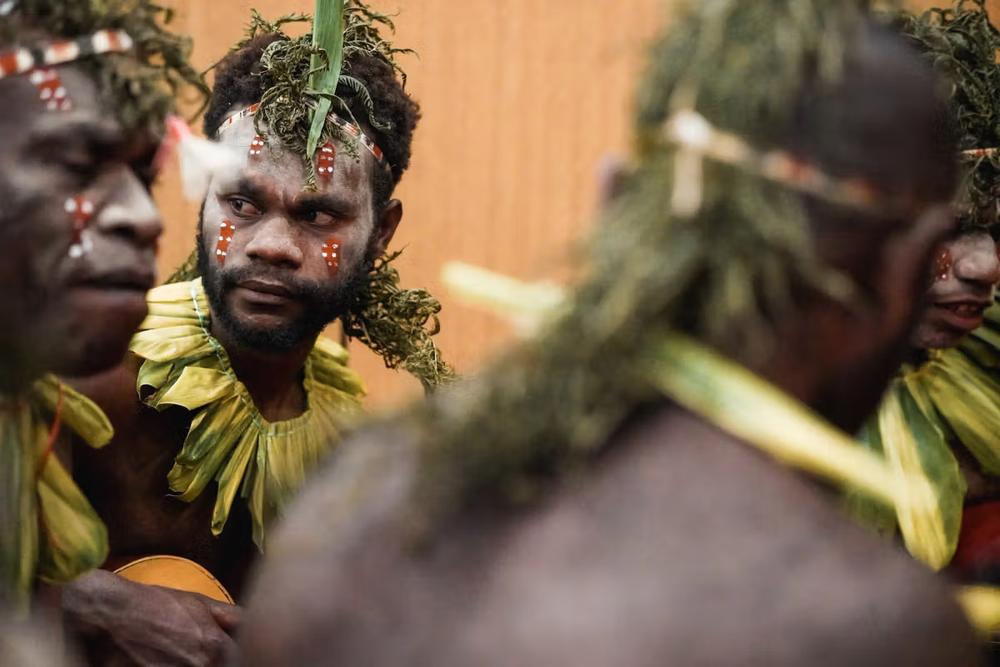

Let’s work together to create meaningful change.
We work in partnership with government agencies, NGOs, and community groups to share skills, strengthen systems, and support locally driven development.
If your organisation could benefit from volunteer expertise in areas like education, health, agriculture, governance, or climate resilience—we’d love to hear from you.
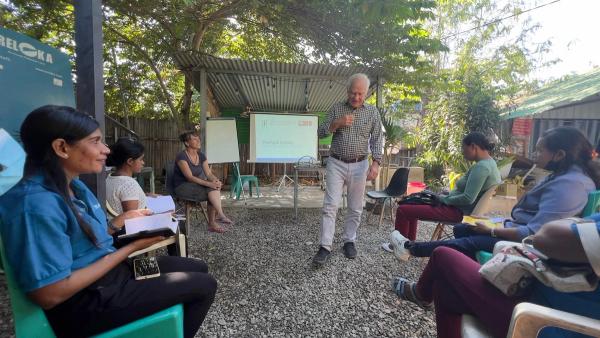

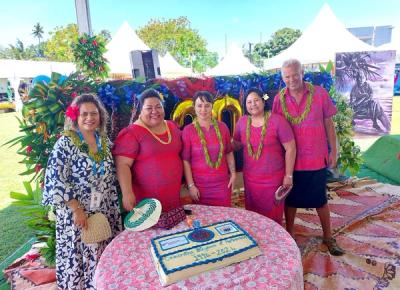

29.07.2025
IT expertise meets island innovation: A volunteer journey to Samoa
After a 40-year career in IT, working across countries like Bermuda, the Netherlands, Canada, New Zealand and Israel, retirement might seem like the next logical step.